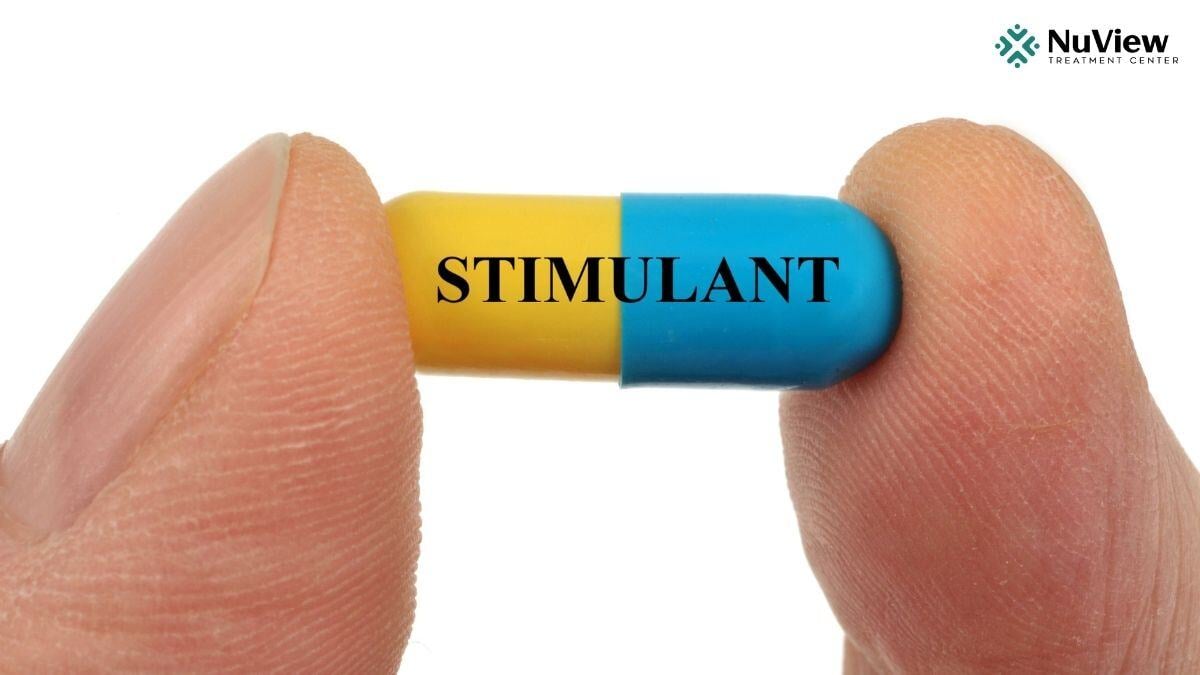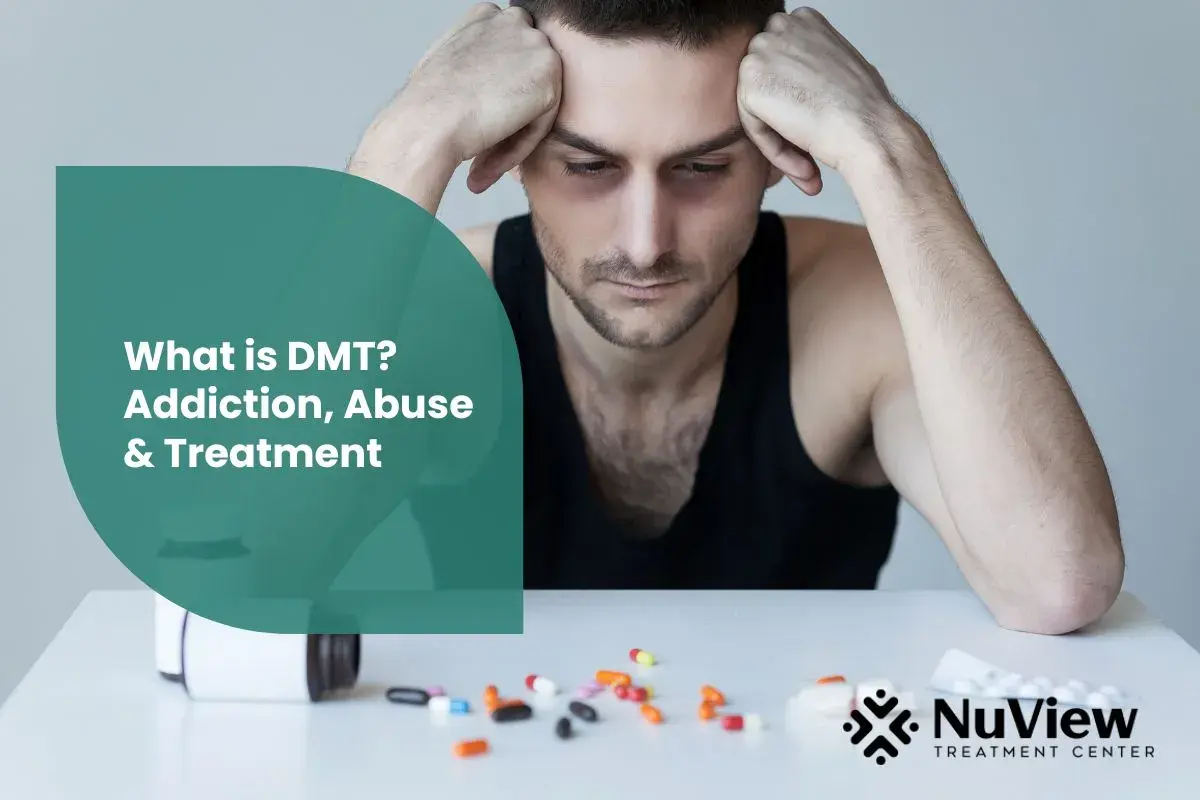Coke, meth, speed - these are some drugs you may have heard of. Well, these are just street names, but they belong to a highly addictive class of drugs known as stimulants. Stimulants enhance your brain activity by stimulating your central nervous system (CNS). While this leads to an intense high or a rush of pleasurable sensations and feelings, stimulants are dangerous substances that claim many lives every year. In fact, there has been a rapid rise in overdose deaths involving stimulant abuse or something known as stimulant use disorder.
While stimulant abuse is indeed a severe condition, it can be effectively treated, and complete recovery can be achieved. Several care options, from evidence-based behavioral therapies to internet-based approaches, are used to treat stimulant abuse.
What Are the Different Types of Stimulants?
Some of the major and popular types of stimulants:
Cocaine (Coke) - This powerful stimulant, derived from the coca plant, is commonly snorted, smoked, or injected. Crack cocaine is another well-known stimulant that is derived from cocaine.
Methamphetamine (Meth) - Meth is a potent type of amphetamine that is known as speed.
MDMA (Ecstasy) - Commonly known as ecstasy or Molly, MDMA is a drug with both stimulant and psychedelic properties.
Prescription Medication - Certain prescription stimulants like Adderall and Ritalin, often used in the treatment of attention-deficit/hyperactivity disorder (ADHD), can also be misused.
Get Started With Nuview Treatment Center
Our dedicated professional staff is here to guide you or your loved one on the journey to lasting recovery, offering support every step of the way.
What Are the Risk Factors of Stimulant Use Disorder?
Experts have not been able to point out a specific cause for stimulant abuse, however, certain risk factors can increase the likelihood of the same. The major risk factors are as follows:
- Personal or family history of substance use disorders, such as alcohol use disorder.
- Personal or family history of other mental health conditions, like ADHD, bipolar disorder, schizophrenia, post-traumatic stress disorder (PTSD), and antisocial personality disorder.
- Prenatal exposure to stimulants.
- Some use prescription stimulants to improve their performance at studies/job, while others may use stimulants to control weight.
- Gender, as men are more likely to abuse stimulants than women.
- Experiences of violence or crime.
- High levels of prolonged stress.
- Easy access to the stimulants.
What Are the Signs of Stimulant Abuse?
While stimulants come in different types and effects, the signs of stimulant abuse, as provided by the Diagnostic and Statistical Manual of Mental Disorders (DSM-5-TR), are commonly recognizable:
- Strong cravings and urges to use stimulants.
- Using stimulants in greater amounts and more frequently than intended.
- Repeated, failed attempts to quit using stimulants.
- Prioritizing stimulant use over everything else in life, to the point that self-care, interpersonal relationships, and other activities take a hit.
- Ongoing use of stimulants despite their adverse impacts on physical, mental, and social health.
- Using stimulants in high-risk circumstances.
- Developing tolerance, meaning needing greater quantities of stimulants to achieve the desired effect.
- Experiencing withdrawal symptoms in the absence of stimulants which are known as withdrawal symptoms. These can range from intense cravings, restlessness, anxiety, low mood, sleep difficulties, reduced focus, paranoia, and tiredness, to suicidal thoughts.
If anybody is experiencing suicidal thoughts and/or ideation, then call national suicide prevention helplines (like 9-8-8 in the U.S.) or emergency providers (like 9-1-1 in the U.S.) immediately.
What Are the Effects of Stimulant Use Disorder?
Stimulant abuse has both short and long-term effects. Let us begin with the major short-term effects:
- Elevated mood
- Greater sociability and self-confidence
- Higher energy levels
- Increased alertness
- Enhanced attention span and focus
- Wakefulness
- Reduction in appetite
- Increased body temperature
- Faster heartbeat.
Many of these short-term effects feel pleasant initially, leading to a false sense of invincibility. Sure enough, stimulants are known to increase the feel-good chemicals in the brain, like dopamine, which leads to heightened energy and euphoria. However, stimulants can also increase blood pressure, breathing rate, and heart rate. In some cases, this can even lead to death. So, here are some of the more long-term effects you need to be wary of:
- Cognitive difficulties, especially with abstract thinking, attention, focus, problem-solving, and memory.
- Behavioral changes
- Aggressive behaviors
- Social withdrawal and isolation
- Psychosis
- Sexual dysfunction
- Weight loss
- Dental problems
- Gastrointestinal problems
- Lung problems
- Heart conditions
- Stroke
- Overdose.
Stimulant Overdose
An overdose is a life-threatening condition and is one of the most dangerous effects of stimulant abuse. It can even turn fatal. In fact, the National Institute on Drug Abuse (NIDA) reports that overdose deaths involving stimulants rapidly increased from 12,122 in 2015 to 57,497 in 2022. Hence, being aware of the signs of stimulant overdose allows you to take proactive steps that can be life-saving.
Some of the major signs of stimulant overdose are:
- Agitation
- Confusion or disorientation
- Hot and sweaty skin
- Hyperthermia or increased body temperature
- Headaches
- Chest pain
- Tremors or spasms
- Difficulty in breathing
- Seizures.
If anybody is experiencing these signs or symptoms, it is crucial to take them to the nearest emergency room or call emergency services (like 9-1-1 in the U.S.). It can be a life-saving move, as stimulant overdose can be lethal and lead to premature death.
Get Started With Nuview Treatment Center
How Is Stimulant Use Disorder Diagnosed?
To diagnose stimulant use disorder, licensed and trained mental health practitioners look for at least two of the eleven criteria outlined in the DSM-5-TR we mentioned before (see What Are the Signs of Stimulant Abuse?). Mainly, the diagnosis is based on establishing a history of stimulant use, including cravings, inability to cut down use, prolonged use despite physical and mental health concerns, and tolerance.
How is Stimulant Use Disorder Treated?
Behavioral therapies are the primary treatment options for stimulant use disorder. Firstly, there is motivational interviewing, which turns ambivalence into motivation to recover from stimulant abuse. Nextly, there is the most popular and effective cognitive behavioral therapy, which seeks to identify and change the underlying thinking patterns leading to stimulant abuse. There is also contingency management, which provides rewards for positive behaviors, strengthening the person in their efforts to reduce stimulant use. 12-step recovery programs like Narcotics Anonymous (NA) can also help in providing the tools and social support for recovery maintenance.
While stimulant use disorder can be treated in outpatient settings with partial hospitalization programs or intensive outpatient programs, depending on the severity and duration of the condition. More severe cases need to be treated in residential settings, which begins with a medically supervised detoxification (detox) wherein the stimulants are gradually tapered off from the body under safe and controlled conditions.
What Makes NuView’s Approach to Stimulant Use Disorder Unique?
At the NuView Treatment Center, we offer personalized behavioral therapies tailored to your unique needs and recovery goals. We believe in making behavioral health care as relevant as it is effective. We also provide holistic therapies like meditation, mindfulness, and yoga to incorporate a better lifestyle in this journey toward lasting recovery.
Moreover, we believe in making behavioral health care easy for everyone, so we offer evening programs so that one does not have to put their life on hold to focus on their recovery. We also offer internet-based care or telehealth services to ensure that even those living in remote and underserved areas receive the care they deserve.
Take the first step toward recovery today!
If you or a loved one is struggling with stimulant use disorder, do not wait any longer. Call NuView at (323) 307-7997 or email us at info@nuviewtreatment.com now.
- What Are the Different Types of Stimulants?
- What Are the Risk Factors of Stimulant Use Disorder?
- What Are the Signs of Stimulant Abuse?
- What Are the Effects of Stimulant Use Disorder?
- How Is Stimulant Use Disorder Diagnosed?
- How is Stimulant Use Disorder Treated?
- What Makes NuView’s Approach to Stimulant Use Disorder Unique?
- What Are the Different Types of Stimulants?
- What Are the Risk Factors of Stimulant Use Disorder?
- What Are the Signs of Stimulant Abuse?
- What Are the Effects of Stimulant Use Disorder?
- How Is Stimulant Use Disorder Diagnosed?
- How is Stimulant Use Disorder Treated?
- What Makes NuView’s Approach to Stimulant Use Disorder Unique?
Get Help Today!
http://mentalhealth.va.gov/substance-use/stimulants.asp
https://www.goodrx.com/conditions/stimulant-use-disorder
https://pubmed.ncbi.nlm.nih.gov/38278583/
https://www.fda.gov/regulatory-information/search-fda-guidance-documents/stimulant-use-disorders-developing-drugs-treatment
https://store.samhsa.gov/sites/default/files/pep20-06-01-001.pdf
Everyone is Welcome Here and We All Have Your Back
Your healing journey deserves a personalized approach. At NuView, we integrate expertise in behavioral therapy, mental health, and substance use treatment to create a customized recovery plan tailored to your unique needs.
Connect with our Admissions Specialists today.







Written By
Dr. Ryan Peterson